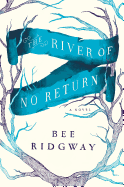Amy Tan hadn't talked about her forthcoming novel, The Valley of Amazement (Ecco, November)--not even with her husband--she said, when she dropped by the Northern California Independent Booksellers Association's Spring meeting the weekend before last.
Like most writers, she hopes the book is literary, she said. But since independent booksellers have always been better at describing her books--going back to when they made The Joy Luck Club a bestseller--she'd try to explain what her first book in eight years is, and is not. The Valley of Amazement is set in a courtesan's house in Shanghai at the turn of the 20th Century, and it does include lots of sex.
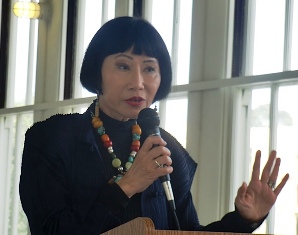 "But I don't want people to think I am doing a rip-off--The Fifty Shades of Tan," she said. "It just so happens it has sex." Considering her previous work, even Tan's writer's group was convinced she could not write about sex. And while Tan joked that she did call on her experience as a dominatrix/singer with the Rock Bottom Remainders for The Valley of Amazement, she insisted, "It's based on research."
"But I don't want people to think I am doing a rip-off--The Fifty Shades of Tan," she said. "It just so happens it has sex." Considering her previous work, even Tan's writer's group was convinced she could not write about sex. And while Tan joked that she did call on her experience as a dominatrix/singer with the Rock Bottom Remainders for The Valley of Amazement, she insisted, "It's based on research."
That research led Tan to details such as the brand names for female and male aphrodisiacs, "Gates Wide Open" and "Happiness in the Pavilion," respectively. While steeped in history, Tan said, she would hate to call The Valley of Amazement a "historical novel," because "then people want the nitty-gritty." But the book is filled with facts and details about courtesan life from the period and shows that courtesans were responsible for bringing many aspects of Western culture to Shanghai. At the time, "one in 100 women" were in the courtesan business in China, "business people who did what they did to survive," Tan said.
The book's characters include the daughter of members of the Free Thinker movement in San Francisco who follows a painter back to Shanghai, where she discovers "he's not a nice guy," and then falls in with other men, until a pandemic breaks out.
Tan said she likes to think The Valley of Amazement is literary because she included Walt Whitman poems and composed really bad poetry for a character who "fancies himself a poet."
Tan said she would also hate people to think the book is autobiographical, although her family might be horrified to learn that her grandmother--a quiet, old-fashioned woman--may have been a courtesan. When she recognized her grandmother's face in less conservatively posed photos from the family archive--photos that she once thought depicted another person--Tan said she realized that whatever her ancestor was, she was a woman who influenced her mother, "who certainly was not old-fashioned and quiet." (Ever since The Joy Luck Club, for better or worse, Tan said, people tend to think she was influenced by her mother.)
"So that's what the book is not about," said Tan. "I leave it for you to say."
---
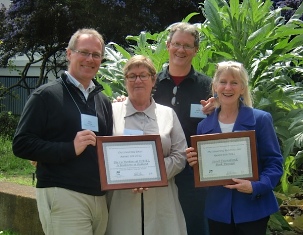 |
|
(l.-r.): Diesel owners John Evans and Alison Reid; NCIBA executive director Hut Landon; Janel Feierabend, Book Passage.
|
At the event, NCIBA also handed out its annual bookselling awards. Diesel, A Bookstore owners Alison Reid and John Evans accepted the outstanding event award for the transformation of its Oakland location into Brokeland Records, the fictional store in Michael Chabon's Telegraph Avenue. (At last year's NCIBA spring meeting, Chabon shared a sneak peak.) Accepting the handselling award, Janel Feierabend from Book Passage, Corte Madera and San Francisco, said, "It is not just one person--it takes a village, it takes the whole store, it takes the NCIBA, and it takes the ABA to get the books into the booksellers' hands."
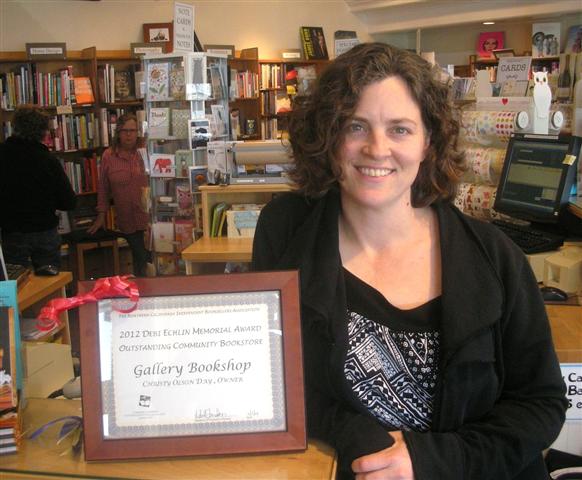 |
| Christie Olson Day |
In presenting the Debi Echlin Community Bookstore award, outgoing NCIBA president Michael Barnard, owner of Rakestraw Books, Danville, described the 2013 recipient, Christie Olson Day of Gallery Bookshop, Mendocino, as "a tireless person who is always at her store," working to make it a true community center with such elements as Book Angels, Benefit Shopping Nights, student intern programs and local-author events.
Given Diesel's award for its temporary makeover as Chabon's Telegraph Avenue, perhaps Tan's talk about The Valley of Amazement might inspire a bookseller to transform a store into a turn-of-the-century Shanghai courtesan's home. --Bridget Kinsella
 "We're counting on a Pulitzer win this year because of all the literary awards, I feel like the Pulitzer sells the most books. Which is why it was so disappointing last year that there wasn't one at all."
"We're counting on a Pulitzer win this year because of all the literary awards, I feel like the Pulitzer sells the most books. Which is why it was so disappointing last year that there wasn't one at all."







 After a unanimous vote Saturday in the state Senate, the West Virginia legislature "has signed off on a plan to
After a unanimous vote Saturday in the state Senate, the West Virginia legislature "has signed off on a plan to 
 "But I don't want people to think I am doing a rip-off--The Fifty Shades of Tan," she said. "It just so happens it has sex." Considering her previous work, even Tan's writer's group was convinced she could not write about sex. And while Tan joked that she did call on her experience as a dominatrix/singer with the Rock Bottom Remainders for The Valley of Amazement, she insisted, "It's based on research."
"But I don't want people to think I am doing a rip-off--The Fifty Shades of Tan," she said. "It just so happens it has sex." Considering her previous work, even Tan's writer's group was convinced she could not write about sex. And while Tan joked that she did call on her experience as a dominatrix/singer with the Rock Bottom Remainders for The Valley of Amazement, she insisted, "It's based on research."

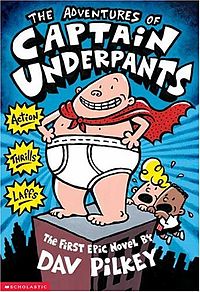
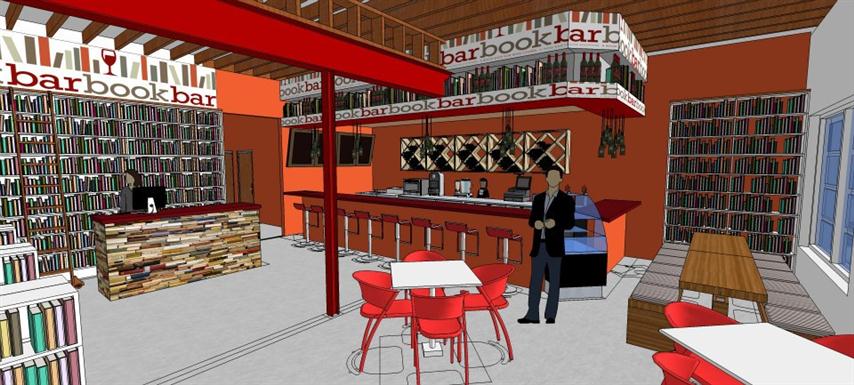 "It's so important to find a model that's sustainable in this technological world," said owner Nicole Sullivan. "You have to search for what you can offer that online and box retailers can't. The thing they can't offer, and will never be able to offer, is an experience. They can't talk with people face to face, share a glass of wine, host events, or have a sense of community. We focus on the experience aspect."
"It's so important to find a model that's sustainable in this technological world," said owner Nicole Sullivan. "You have to search for what you can offer that online and box retailers can't. The thing they can't offer, and will never be able to offer, is an experience. They can't talk with people face to face, share a glass of wine, host events, or have a sense of community. We focus on the experience aspect."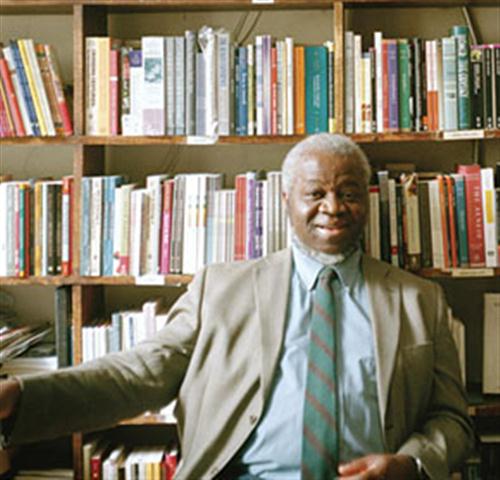 "If this store can get into its second century," said Ifeanyi Menkiti, poet, philosophy professor and owner of the
"If this store can get into its second century," said Ifeanyi Menkiti, poet, philosophy professor and owner of the 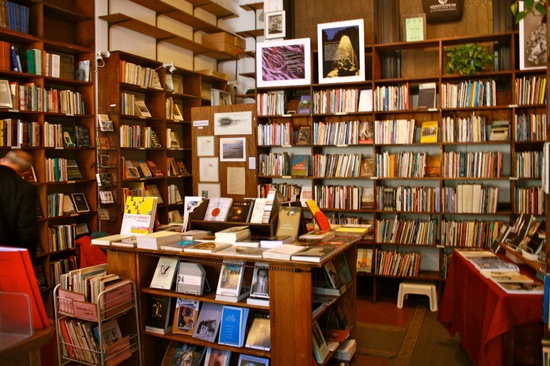 "There is something about poetry," mused Menkiti. "The spirit of poetry will never, never go away.... People will always want it to read it, want to hear it. The interest in poetry is there, but the question is, how do you leverage that to support the business side of selling books?"
"There is something about poetry," mused Menkiti. "The spirit of poetry will never, never go away.... People will always want it to read it, want to hear it. The interest in poetry is there, but the question is, how do you leverage that to support the business side of selling books?"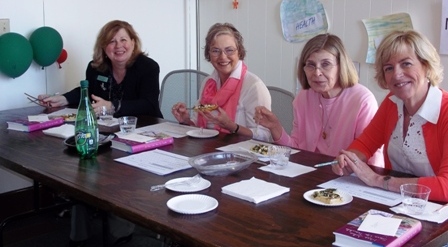
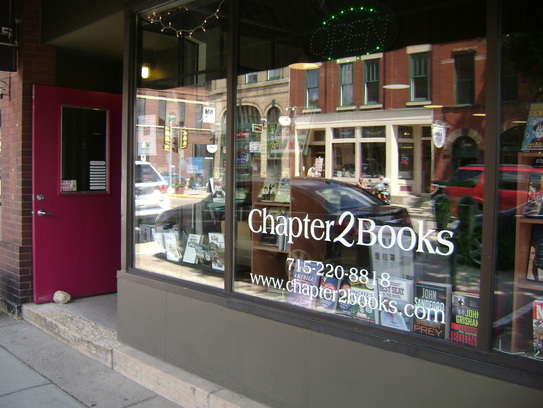 Chapter2Books co-owner Sue Roegge said that while she understands people think Amazon is cheaper, "Cheap is not cheap. Cheap books = no indies no story hour for the babies at the shop = no support for local authors = no writing groups = no forum for national authors to come to town = no special, hand picked books, just bestsellers you can find anywhere -= no one to personally make a connection with your reluctant reader = no indie store participating in chamber and town events, etc. etc. etc. Is that download on Amazon really worth it?"
Chapter2Books co-owner Sue Roegge said that while she understands people think Amazon is cheaper, "Cheap is not cheap. Cheap books = no indies no story hour for the babies at the shop = no support for local authors = no writing groups = no forum for national authors to come to town = no special, hand picked books, just bestsellers you can find anywhere -= no one to personally make a connection with your reluctant reader = no indie store participating in chamber and town events, etc. etc. etc. Is that download on Amazon really worth it?"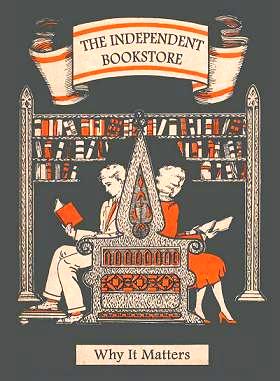 Bookseller helping bookseller update: Hurricane Sandy devastated
Bookseller helping bookseller update: Hurricane Sandy devastated 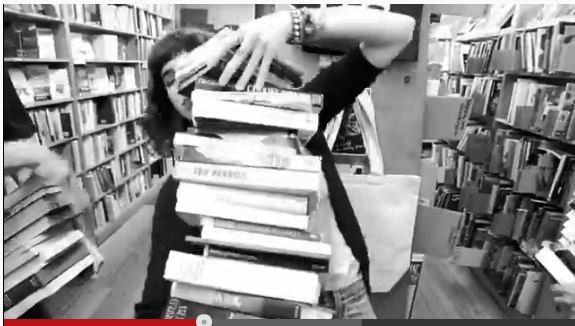 "
"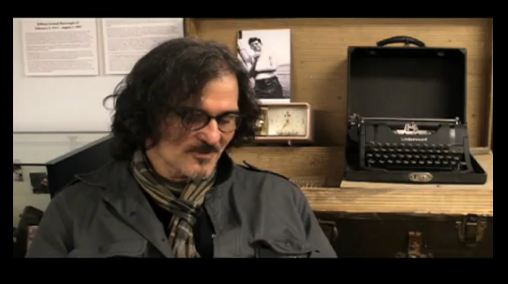 Drunken Angel
Drunken Angel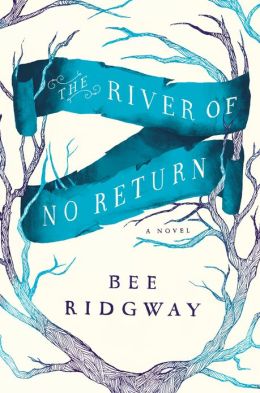 Bryn Mawr English professor Bee Ridgway kicks off her career as a novelist with The River of No Return--a passionate, thought-provoking and consistently fun debut that's best described as a Regency romance wrapped in a spy novel covered in science fiction. Sound like overkill? We assure you, her formula works.
Bryn Mawr English professor Bee Ridgway kicks off her career as a novelist with The River of No Return--a passionate, thought-provoking and consistently fun debut that's best described as a Regency romance wrapped in a spy novel covered in science fiction. Sound like overkill? We assure you, her formula works.